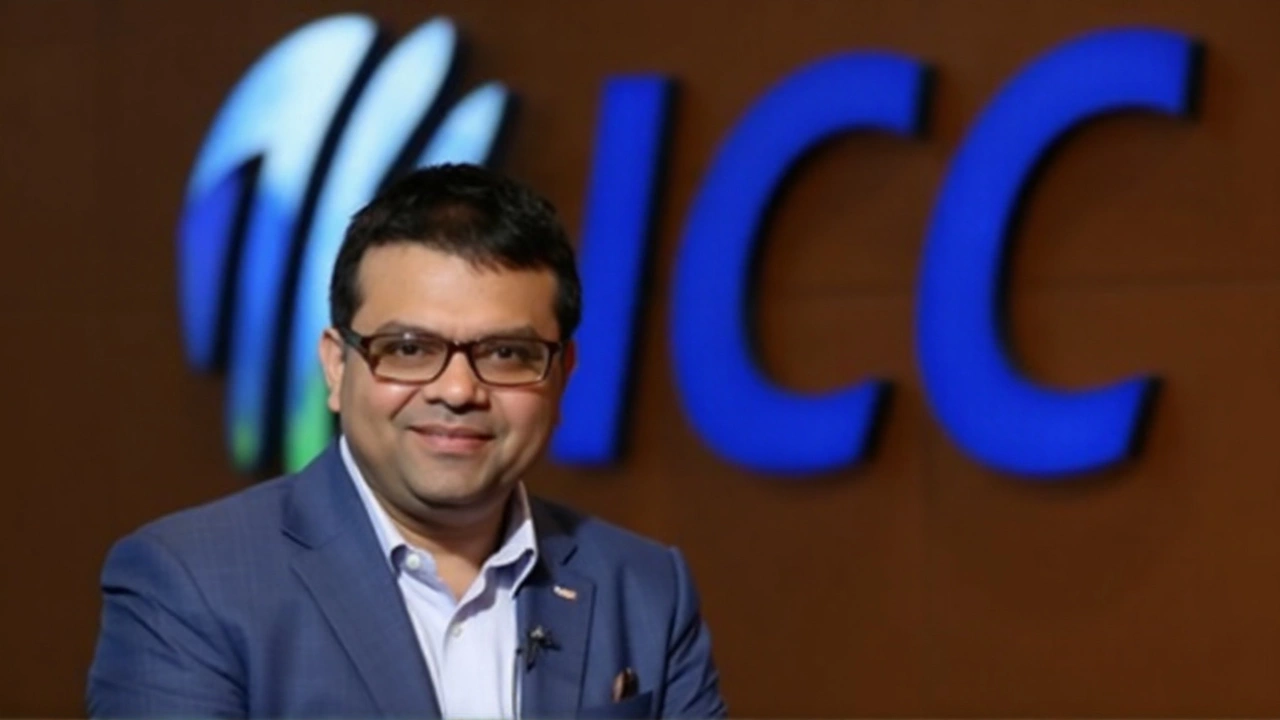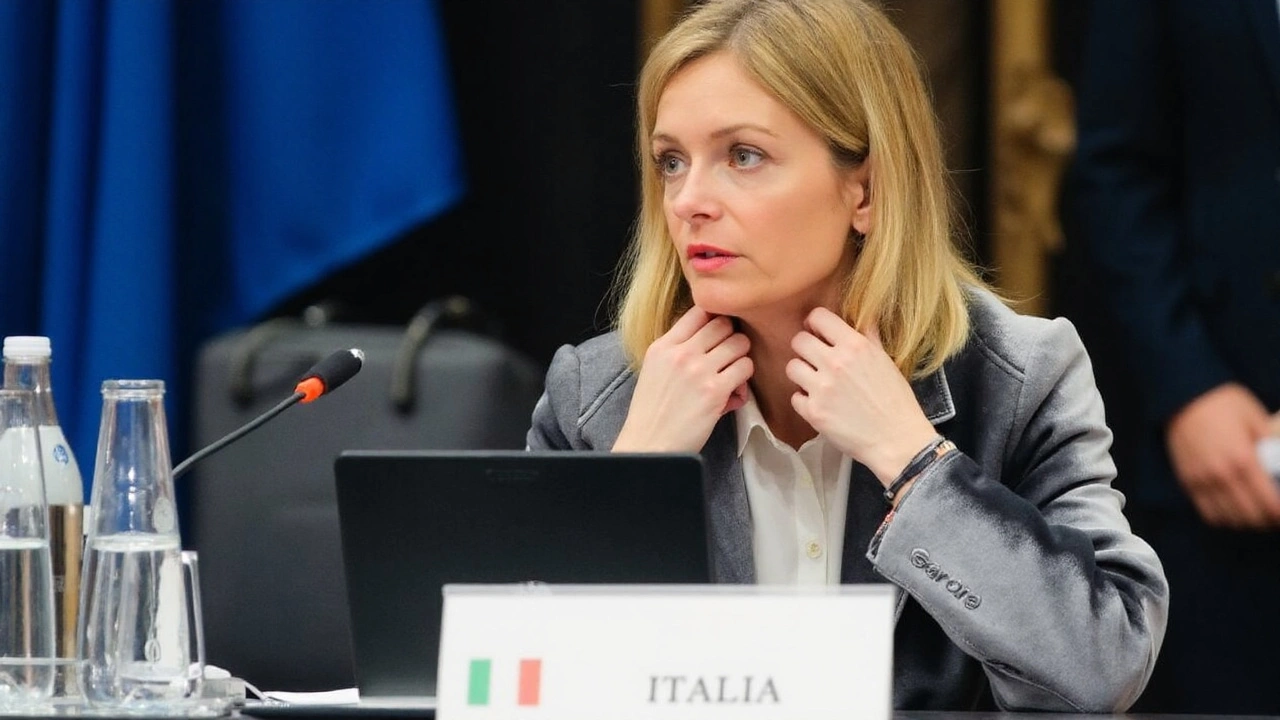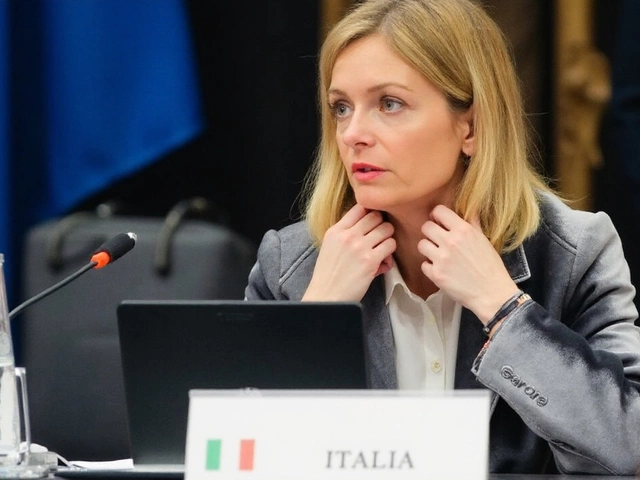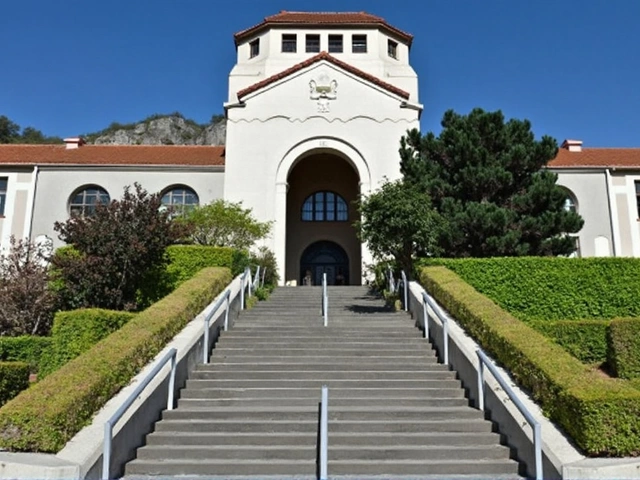Italy's Deportation of Libyan Official Raises Questions About Justice and Migration
It all started quietly enough in January 2025, when Osama Elmasry Njeem, head of Libya’s judicial police, was picked up by Italian police in Turin. At first glance, it looked like international justice was in action: Njeem was the subject of a serious ICC arrest warrant, accused of torture, rape, murder, and persecution. But instead of processing him for extradition, Italian authorities released him and put him on a government plane straight back to Libya. No transfer to The Hague. No lengthy legal battle. Just a quick exit.
Italy said they had reasons. They claimed they were waiting for all the proper paperwork—the validation of the warrant and accurate translations. And they added another twist: Njeem, they said, posed a national security risk. So, in their view, his deportation was justified, procedures unfinished or not. For critics, these arguments don’t hold water. On paper, Italy, as a signatory to the Rome Statute, has the duty to cooperate with ICC warrants—especially for crimes as grave as those listed in this case.

Why This Case Hits a Nerve for the EU
This isn’t just about one arrest. It lays bare a deep tension at the heart of EU migration policy. The European Union has poured time and resources into stopping irregular migration from North Africa, especially through Libya. But in doing so, the bloc—and some member states, like Italy—have struck deals with people and institutions accused of grave human rights abuses. For years, aid groups and investigators have documented abuses within Libyan detention centers. Many of these centers are run or overseen by individuals who have faced accusations similar to those levelled at Njeem.
So when the ICC issued an arrest warrant for a prominent Libyan official, it faced a big test: Would Europe prioritize justice, even if it threatened their migration controls? Or would old habits win, with political expediency taking the front seat, and accountability pushed aside?
Italy’s move to deport Njeem before fully engaging with the ICC was a major tell. Instead of risking disruption to their cooperation with Libyan authorities (key partners in stopping migration across the Mediterranean), Italian officials opted for speed and national interests. Now, the ICC is scrutinizing the actions of Italy’s Prime Minister Giorgia Meloni along with two senior ministers, Carlo Nordio and Matteo Piantedosi, demanding a full explanation within 30 days. The stakes are rising.
The message to anyone watching? For Europe, particularly countries on the migration frontline, border security often trumps human rights—even when international law says otherwise. This isn’t a one-off; it’s part of a bigger pattern. Over the past decade, EU states have stretched (and sometimes broken) asylum and human rights laws to shore up migration partnerships in North Africa and the Middle East. This latest episode, though, puts the hypocrisy front and center for everyone to see.
This story is far from over. As the ICC weighs the evidence and Italian leaders weigh their next move, the world gets a clearer view of just how tangled migration and justice have become in modern Europe.








Write a comment